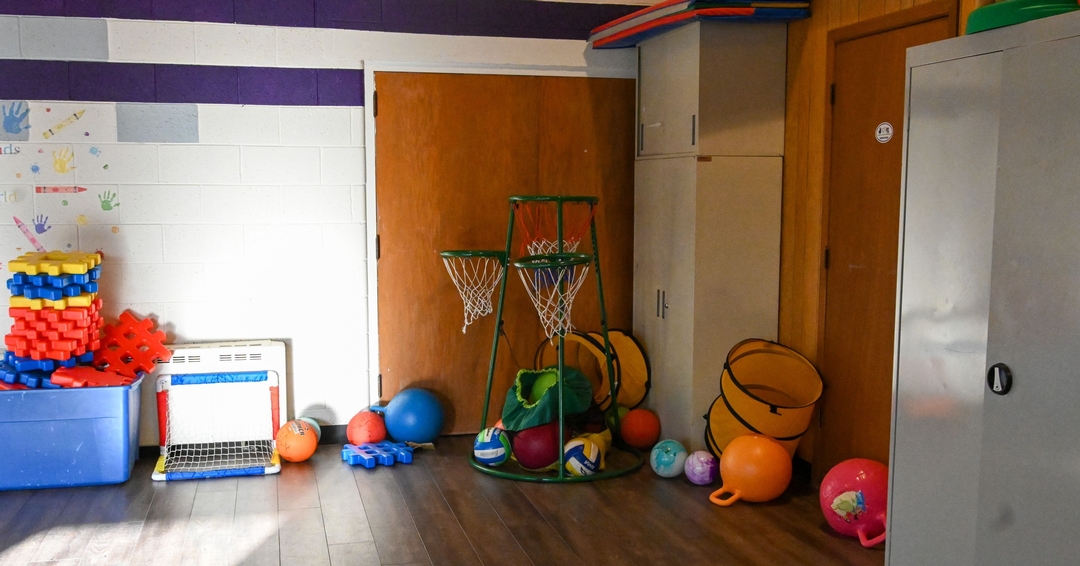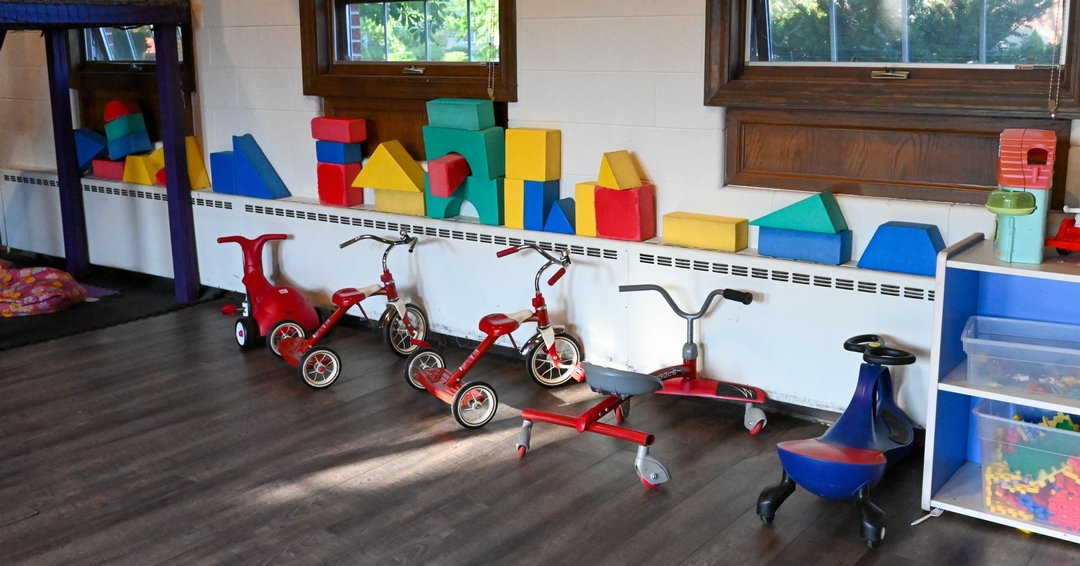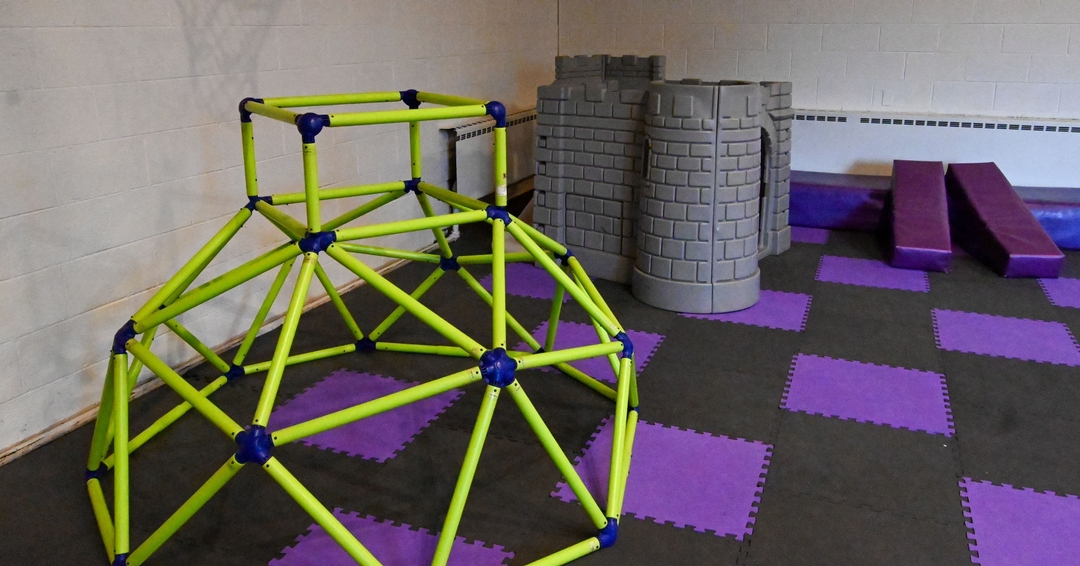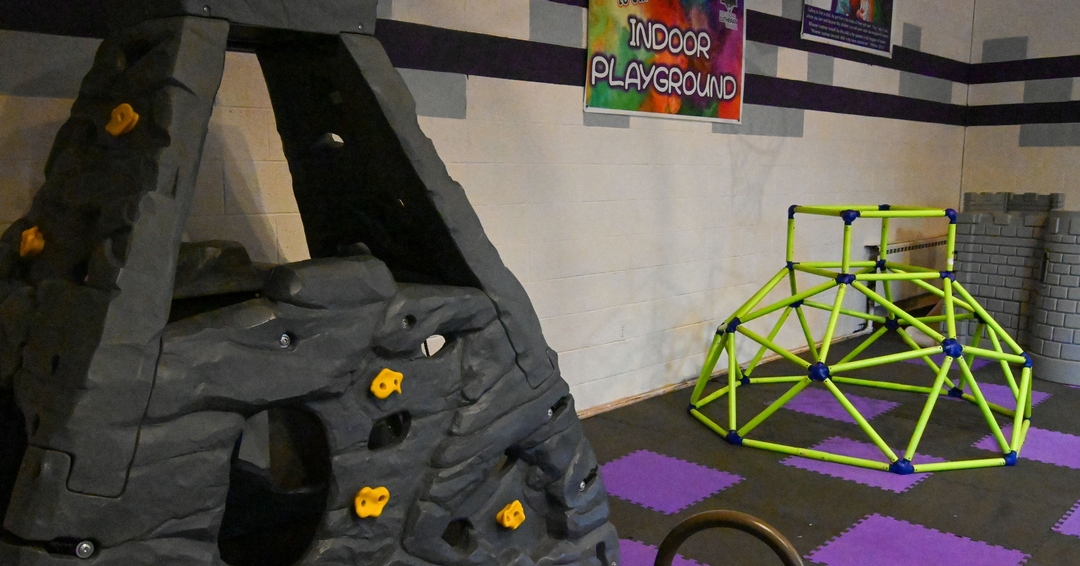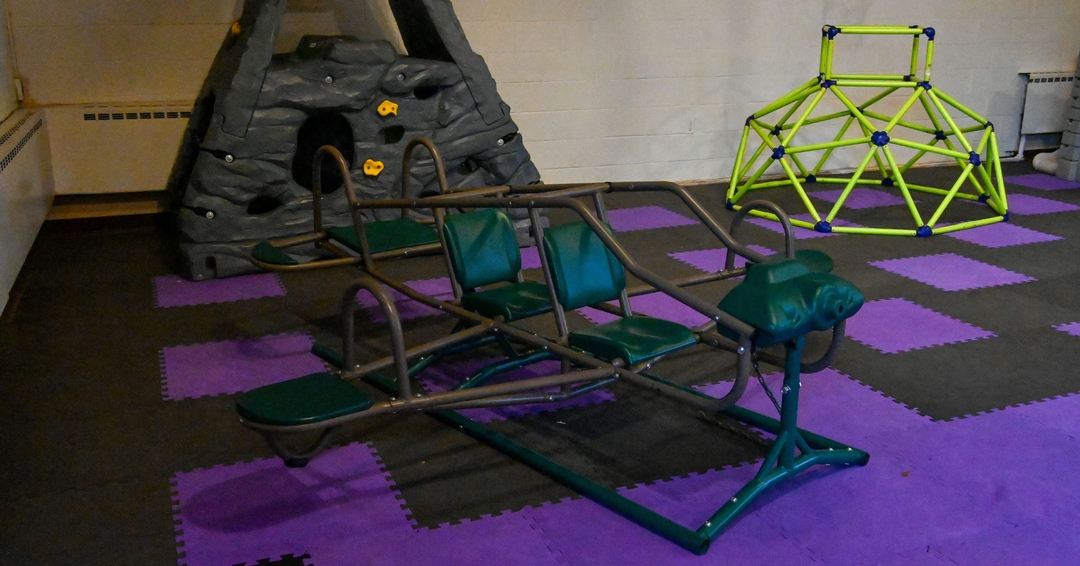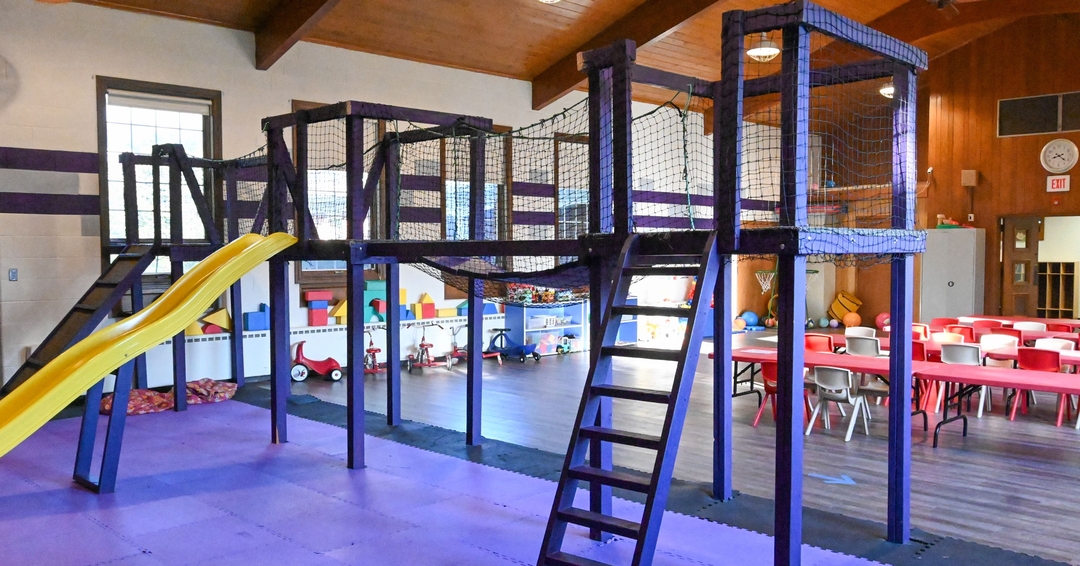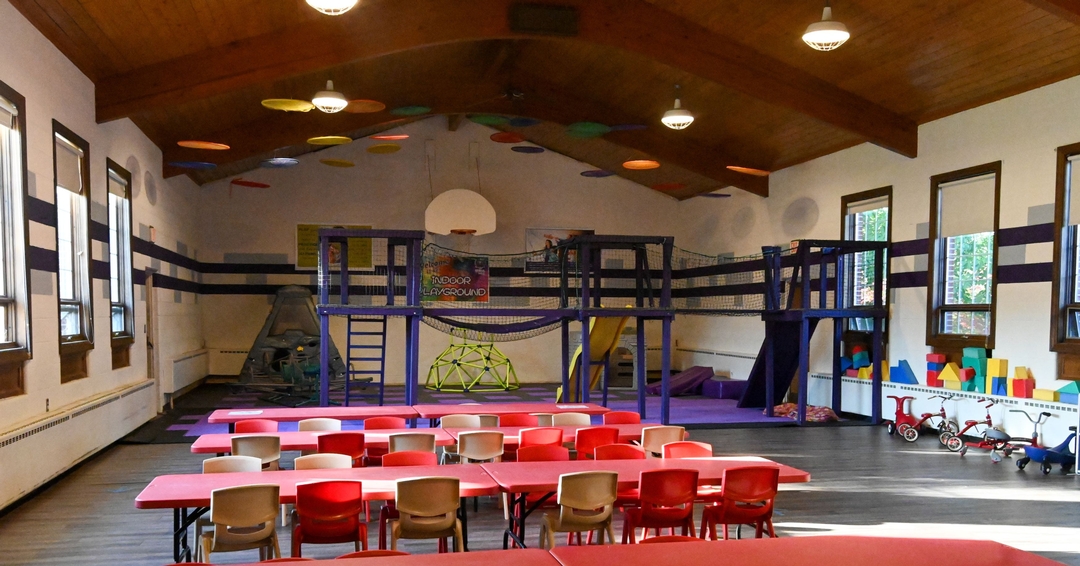
Play-Based Learning
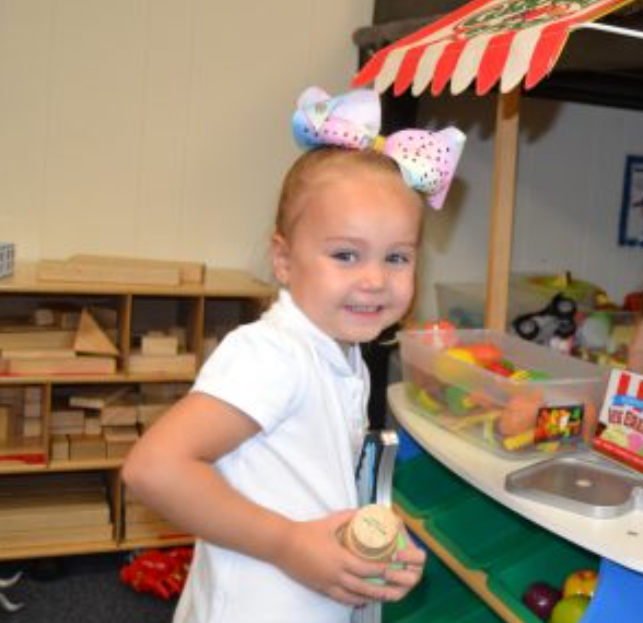 Academic preparation for kindergarten is at the heart of our preschool program. Using the DIG (develop, inspire, grow) Curriculum as our main resource, students learn the language, writing, and math skills that will lead them forward. DIG, by Abrams Learning Trends, is a research-based, hands-on learning system that uses the Letter People to engage students and ensure that early concepts and skills are developed appropriately and adequately. Fully qualified teachers use DIG and other resources to help students grow in language arts, science, math, social studies, art, and the Bible.
Academic preparation for kindergarten is at the heart of our preschool program. Using the DIG (develop, inspire, grow) Curriculum as our main resource, students learn the language, writing, and math skills that will lead them forward. DIG, by Abrams Learning Trends, is a research-based, hands-on learning system that uses the Letter People to engage students and ensure that early concepts and skills are developed appropriately and adequately. Fully qualified teachers use DIG and other resources to help students grow in language arts, science, math, social studies, art, and the Bible.
Developing well-rounded students and providing exceptional opportunities is why preschool students have classes with teachers specializing in physical education, Spanish, drama, and music. Our school librarian works with students weekly to check out books.
We often learn through play. Having students grow in social/emotional and academic skills through play is a key component of our program. Therefore, we have an indoor playground specifically for our preschool students.
We strive to develop the whole child in an atmosphere of Christian care, developing their confidence, creativity, and love for learning. We lead children to be physically, socially, and cognitively active. They learn by exploring, questioning, experimenting, and playing.
Preschool Assessment and Goals
Rockford Lutheran preschool teachers assess each student in the fall, winter, and spring. We focus on five areas of development: Social/emotional, Academic, Language, Physical, and Spiritual.
By the end of the four-year-old preschool program, it is our goal that each student will be able to do these things consistently and independently:
SOCIAL AND EMOTIONAL DEVELOPMENT
- Use kind words when angry or frustrated; do not use physical means.
- Separate from family members without stress, appearing comfortable and secure.
- Understand and follow multistep directions.
- Stay with an activity to completion.
- Listen to stories without interrupting.
- Work well in large and small group activities.
- Respect the rights, property, and feelings of others, showing kindness to others.
- Understand and practice the concept of keeping your hands to yourself.
- Understand their own feelings and how they relate to the Zones of Regulation.
- Recognize and respect those in authority.
- Comply with the rules, limits, and routines of the classroom.
- Accept correction without anger and aggressive outbursts.
- Demonstrate independence in personal care (washing hands, bathroom use, hanging up coat).
- Willingly attempt new tasks, not afraid to make a mistake.
- Use manners (please, thank you, you're welcome, etc.).
- Wants to be independent and do things for himself/herself.
- Functions independently in completing tasks.
ACADEMIC DEVELOPMENT
- Identifies all alphabet capital letters.
- Identifies all alphabet lowercase letters.
- Identify letter sounds.
- Understands how letters fit together to form words.
- Knows 30 sight words.
- Prints own first and last name.
- Count to 100.
- Correctly count the number of objects in a group to 20.
- Places numbers in order up to 12.
- Recognizes 11 basic colors.
- Recognizes 10 different basic shapes.
- Participates in art and music activities (draws pictures, paints, dances, sings).
- Draw a self-portrait including head, arms, legs, and body.
- Sorts by color, shape & size.
- Use comparison words (bigger, smaller, etc.).
- Use positional words (in/out, front/back, on/off, under/over, beside/between/behind).
- Use ordinal words (first, second, third, last).
- Makes or identifies patterns (ABAB, AAB, AABB).
- Shows knowledge of rhyming.
- Able to sequence events.
- Matches letter, pictures, sound (letter A, apple picture, short vowel a sound).
LANGUAGE DEVELOPMENT
- While listening to a story, can answer simple questions, make predictions, and describe the characters’ feelings.
- Sings and/or recites nursery rhymes, songs, Bible verses, etc.
- Asks questions and wonders about things.
- Expresses ideas or experiences so that others can understand.
- Speak in complete sentences of 5 to 10 words.
- Verbally and appropriately respond to questions and topics.
- Makes simple comparisons and can explain how a sweater, shoe, and hat are the same.
RELIGION/FAITH
- Participate in prayer/worship.
- Share thoughts and ideas about God.
- Expresses faith & love by being empathetic and caring for others.
